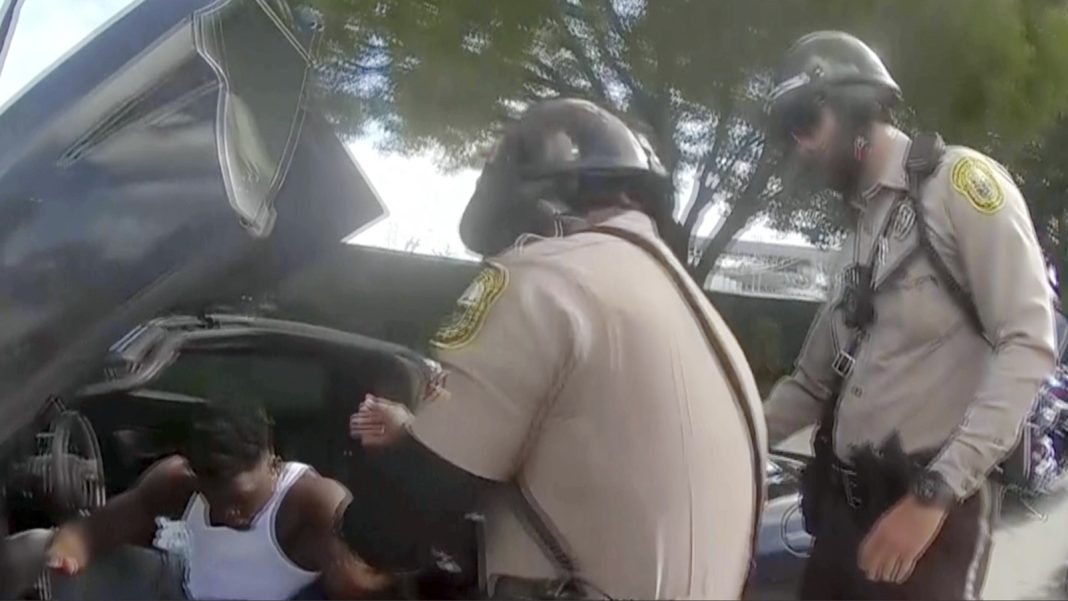
Title: The Threat of Deepfakes in Politics: A Growing Concern for Democracy
Introduction:
Deepfake technology has raised concerns about the potential manipulation of videos and images, especially in the realm of politics. Former South Australian (SA) Liberal opposition leader, David Speirs, found himself at the center of a controversy when videos allegedly showing him snorting white powder surfaced. Speirs vehemently denied his involvement and claimed that the videos were deepfakes created using artificial intelligence (AI). This incident highlights the need for increased awareness and regulation to protect the authenticity and integrity of political discourse.
The Alleged Deepfake Video and Denial:
News Corp published a video and picture allegedly recorded in Speirs’ Adelaide kitchen at 4:12 a.m. on June 30. However, Speirs vehemently denied being the person in the video and dismissed it as a deepfake or an elaborate hoax. He expressed shock and horror at the footage, emphasizing that he would never engage in such behavior. Speirs’ denial raises questions about the authenticity and origin of the video, as no named source was provided, and the footage reportedly arrived via a third party.
Political Responses and Concerns:
After the video surfaced, current SA Liberal leader Vincent Tarzia called for a thorough investigation if the video proved to be a deepfake. Tarzia emphasized the seriousness with which his party treats such allegations, stating that any suggestion of this kind of activity is of concern to him. The incident also caught the attention of SA Premier Peter Malinauskas, who expressed his concern about the threat of deepfakes in politics. Malinauskas acknowledged the challenges posed by AI-generated images and deepfakes, linking them to the broader issue of social media manipulation. He revealed plans to introduce legislation that would criminalize the creation and dissemination of deepfakes.
The Growing Threat of Deepfakes in Politics:
The incident involving David Speirs is just one example of the potential harm deepfakes could inflict on the political landscape. Independent Senator David Pocock recently called for a generative AI ban for the upcoming federal election, pointing out how fake videos generated by AI could spread misinformation. Pocock shared two deepfake videos featuring the prime minister and opposition leader advocating for gambling bans to demonstrate the ease with which AI can manipulate public opinion. The EU foreign policy chief, Josep Borrell, also raised concerns about Russia’s alleged use of deceptive AI-driven content to influence voters.
The Need for Stricter Regulations:
The prevalence of deepfakes and their potential impact on political discourse have prompted governments worldwide to consider stricter regulations. The incident involving David Speirs and the actions taken by politicians like Senator David Pocock highlight the urgent need for legislation to address the growing threat of deepfakes. Stricter rules and regulations can help safeguard the authenticity of political content, preserving the integrity of democratic processes.
Conclusion:
The emergence of deepfake technology poses a significant threat to democracy, as it has the potential to manipulate public opinion and undermine trust in political leaders. The David Speirs incident serves as a wake-up call, prompting politicians and lawmakers to recognize the need for proactive measures against deepfakes. By implementing stricter regulations and raising awareness about the dangers of AI-generated content, governments can safeguard the integrity of political discourse and protect the democratic principles upon which societies are built.


